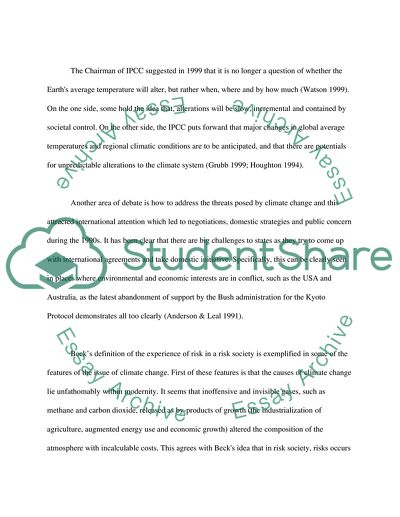Cite this document
(Climate Change and Governance of Water Research Paper, n.d.)
Climate Change and Governance of Water Research Paper. Retrieved from https://studentshare.org/environmental-studies/1732320-principles-of-environmental-sustainability
Climate Change and Governance of Water Research Paper. Retrieved from https://studentshare.org/environmental-studies/1732320-principles-of-environmental-sustainability
(Climate Change and Governance of Water Research Paper)
Climate Change and Governance of Water Research Paper. https://studentshare.org/environmental-studies/1732320-principles-of-environmental-sustainability.
Climate Change and Governance of Water Research Paper. https://studentshare.org/environmental-studies/1732320-principles-of-environmental-sustainability.
“Climate Change and Governance of Water Research Paper”, n.d. https://studentshare.org/environmental-studies/1732320-principles-of-environmental-sustainability.


